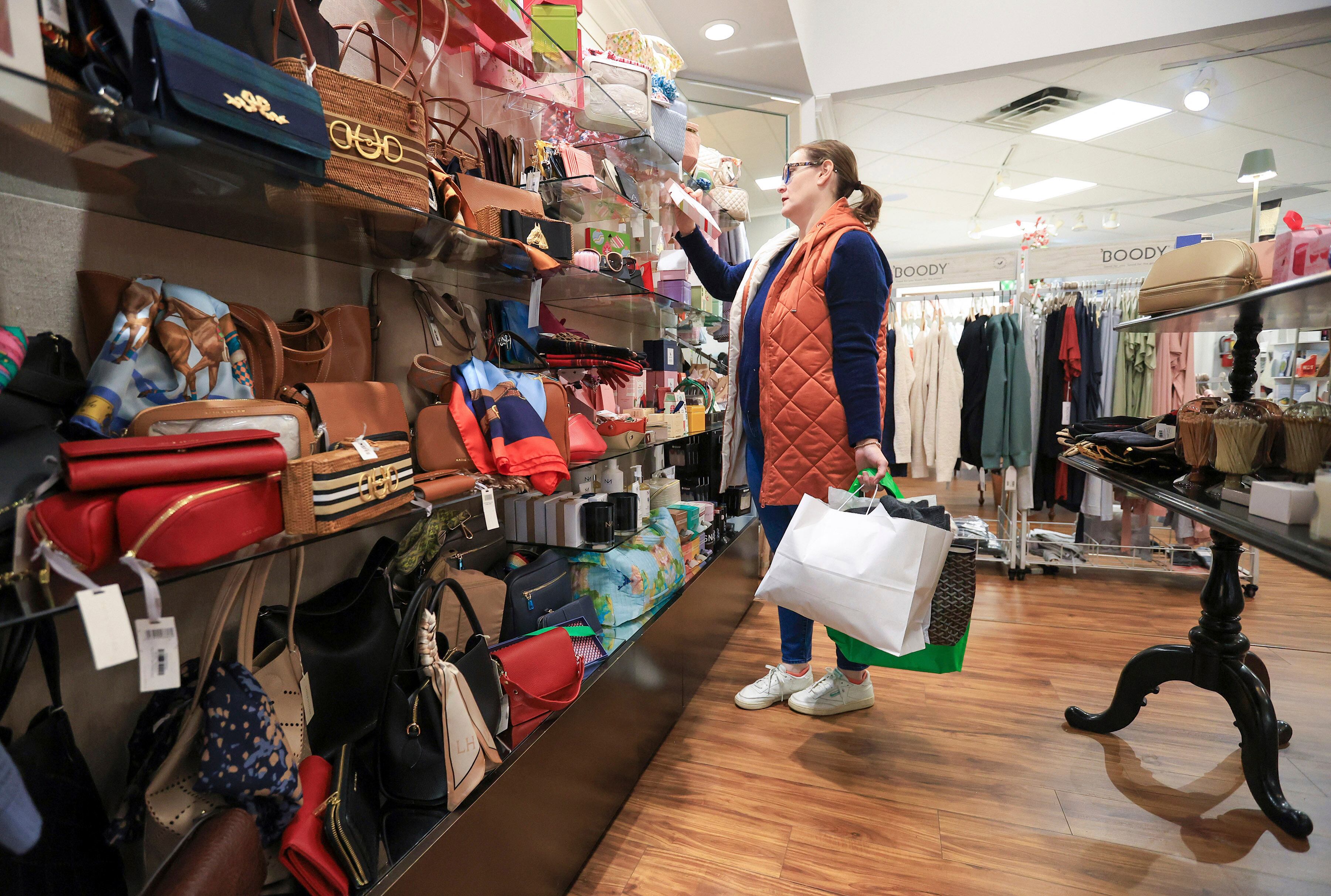A recent survey shows small business owners are feeling more optimistic about the economy following the election.
The National Federation of Independent Businesses’ Small Business Optimism Index rose by eight points in November to 101.7, its highest reading since June 2021.
The Uncertainty Index declined 12 points in November to 98, following October’s pre-election record high of 110.
NFIB Chief Economist Bill Dunkelberg said small business owners became more certain about future business conditions following the presidential election, breaking a nearly three-year streak of record high uncertainty.
“Owners are particularly hopeful for tax and regulation policies that favor strong economic growth as well as relief from inflationary pressures,” he said in a statement. “In addition, small business owners are eager to expand their operations.”
The net percent of owners expecting the economy to improve rose 41 points from October to a net 36%, the highest since June 2020.
Some owners are also hoping 2025 will be a good time to grow. The percent of small business owners believing it is a good time to expand their business rose eight points to a 14%. This is also the highest reading since June 2021.
While inflation has eased, it remains a top concern for owners. Twenty percent of owners reported that inflation was their single most important problem in operating their business (higher input and labor costs). It surpassed labor quality as the top issue by one point.













